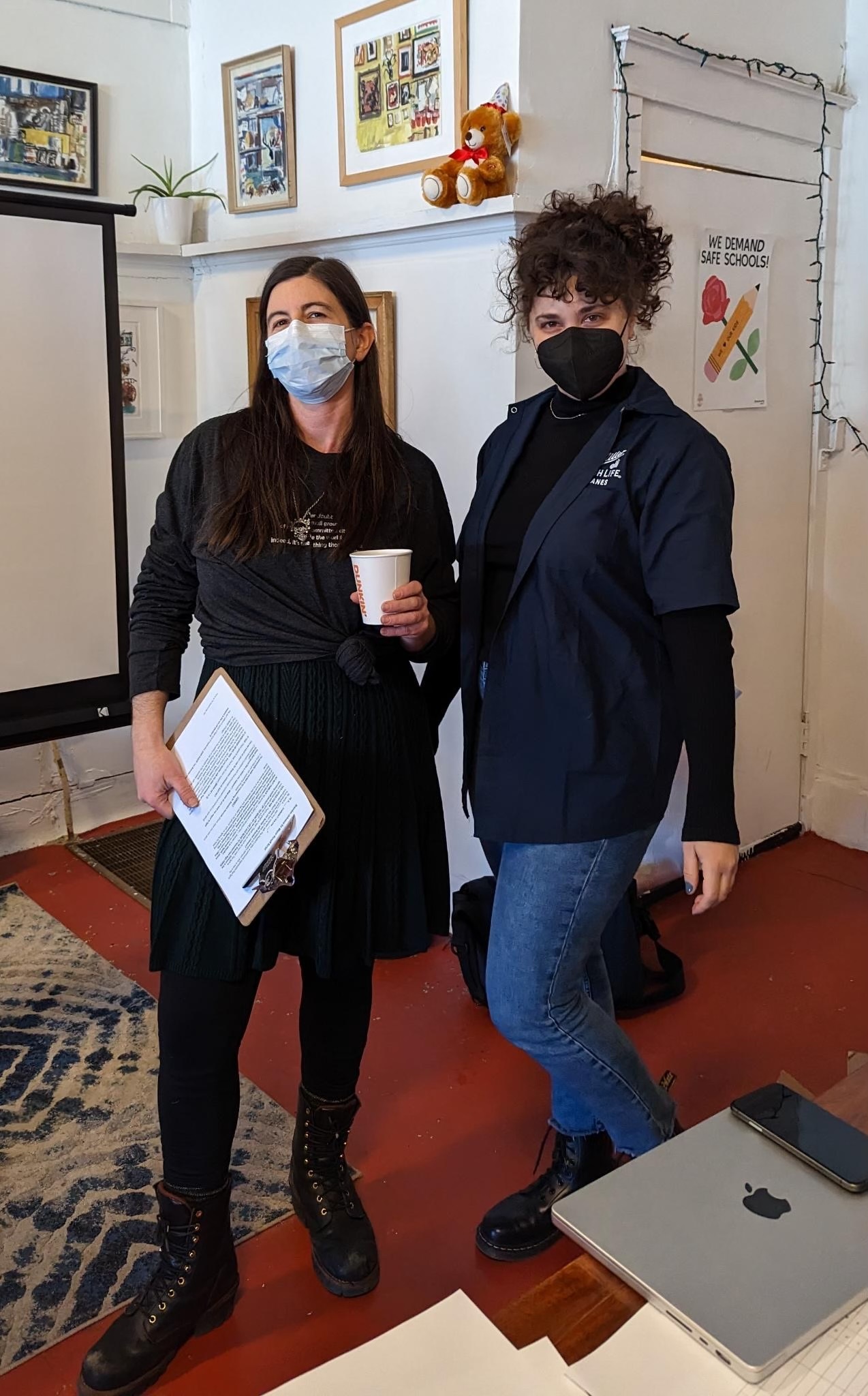My Stake In This Project

In college I was required to take a full year of a social science course. There were about 6 different classes we could choose from, all part of the “core” curriculum. Most of my friends chose purely qualitative courses, which were generally seen as the normal way to go with the social science requirement, and were seen as an easier grade. For some reason, I was drawn to the only class that was a data-heavy, quantitative and qualitative course, that was widely known to be the more time-intensive, difficult, don’t-take-it-as-a-freshman class: Social Science Inquiry. In that class, we learned both Stata and R, and did in-depth data science projects that combined the qualitative and quantitative, and made us think about how data can be used to help and hurt social issues and public perception. I’ve always loved having that balance of qualitative and quantitative information. I’ve also always been incredibly indecisive and questioned everything. I love being able to have numbers and data to back up what I feel in my gut, or to help me find the answer or direction to move towards or explore deeper
My first year in college, I also started organizing.
I’ve now been in the organizing world for 11 years, working as a full-time professional organizer for 7 of them. I’ve worked on electoral campaigns in roles ranging from field organizer knocking tens of thousands of doors, all the way up to campaign manager, steering the ship and writing speeches and navigating endorsements. I’ve also worked in issue organizing, spending time in Springfield trying to pass and block bills, and out in the community building power for environmental justice and climate action. Organizing is hard work. It requires a deep love for community and people, an unrelenting passion and hope that we can build a better future, as well as an incredible amount of patience, humility, and understanding.
It also requires really good data.
I came into organizing thinking it was all about conversations (which a lot of it is!). But how do we keep track of those conversations? How do we track what we are learning from the community? Turnout from events? Doors knocked and phones called and conversations had from elections? Who voted, and who slammed the door in our faces? Which blocks have access to clean drinking water? How many neighbors are still waiting on a tree to be planted? And what is the bigger picture and where are the trends when you look at that all together?
This is why I care about data. I’ve worked hard on the campaign side to create high-quality data, training volunteers and staff on how to best track things in VAN and Action Network. I’ve also created my own systems in Excel and Google sheets, pulling reports from VAN to re-organize data in more usable ways. If we want to learn from all of our hard work, and build off of that work to be even more successful in the next cycle (legislative or electoral!) we need to be able to not only collect but also visualize, interpret, and reflect on all of that incredible data that represents the work that we’ve done. A plot graph may just look like something from a textbook that you want to skip over, but it’s not – it is representative of so many real-world interactions that we can learn and grow from, and use to win.
I started by saying that I learned R and Stata in college–unfortunately, much like the year of Greek that I took in college, I now only have the vaguest familiarity left of R. I can order a coffee in Greek, and I can install a package on R, but that’s about it. Getting back into R has been a little bit more overwhelming and intimidating than I expected it to be. I thought I’d open it up and jump right back in, but instead I’ve been getting countless error messages, getting overwhelmed and re-reading passages over and over, and sometimes feeling like I need to just take a brain break and come back later.
But every time I open it up, I feel it coming back a little more, and unlike in college, it isn’t with a goal of a good grade using random data – it’s something I want to get better at in my own time, because I see how much we need this in our movement to win. We don’t have time to repeat the same mistakes of past cycles, or to inefficiently do outreach. We are at a make-or-break moment for so many issues, and the time is now to act.
At my previous job, I was known as the data person on staff, because I have a high level usage of VAN. I want to feel that confident and competent in R and data sciences in general, to be able to take everything from VAN and visualize and interpret and reflect, and I want other organizers to be able to do the same. That is why we are here. Marty is already pretty damn good at this. I’m here to be the “fuck this is hard but I know it’s important so let’s keep struggling together” person. And trust me, there will be a lot of “fuck this is hard” moments along the way – but isn’t that organizing?!